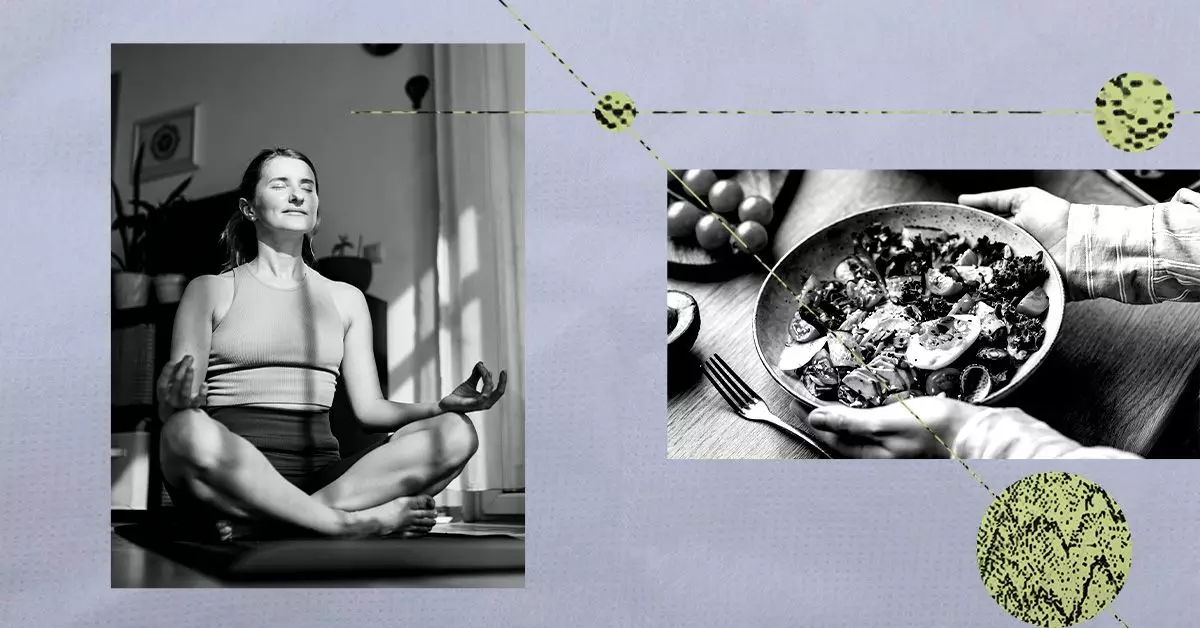Chronic lymphocytic leukemia (CLL) is a type of cancer that profoundly impacts an individual’s quality of life, particularly concerning their energy levels. Fatigue is one of the most debilitating symptoms reported by CLL patients, and understanding its origins, manifestations, and management strategies is crucial for both patients and healthcare providers.
The Multifaceted Nature of CLL-Related Fatigue
Fatigue experienced by individuals with CLL often differs from the ordinary tiredness that anyone might experience after a long day or a vigorous workout. While typical fatigue can be alleviated by rest, the fatigue associated with CLL is persistent and may remain even after prolonged periods of sleep. This overwhelming sense of tiredness can manifest in various ways, including feelings of weakness, exhaustion, and an overall lack of motivation.
Several underlying factors contribute to CLL-related fatigue. One significant cause is a reduced red blood cell count, which compromises the body’s oxygen supply, leading to feelings of breathlessness and fatigue. In addition, systemic inflammation stemming from the cancer can amplify fatigue levels. Moreover, a decline in white blood cells forces the immune system to work harder, depleting energy reserves. The disease process also triggers the production of cytokines, proteins essential for immune system activity, which can further exhaust the patient.
Understanding the distinctions between CLL-related fatigue and regular tiredness is essential for effective management. While a person might feel fatigued after a demanding day, they typically recover after a period of rest. In contrast, individuals with CLL may awaken feeling fatigued, despite having had a full night’s sleep. This fatigue can be pervasive and debilitating, often leaving patients feeling worn out and devoid of energy, making everyday tasks a challenge.
This distinction cannot be underscored enough, as recognition of CLL-related fatigue as a unique entity can improve communication between patients and healthcare professionals. This understanding can lead to tailored interventions that target specific aspects of fatigue management.
1. **Exercise and Physical Activity**
Although it may seem counterintuitive, engaging in regular physical activity can help alleviate fatigue for many individuals with CLL. Activities such as yoga, walking, or light jogging can invigorate the body and boost energy levels. Patients are encouraged to start slowly and select forms of exercise that they enjoy, increasing adherence to their exercise regimen.
2. **Nutritional Interventions**
Diet plays a pivotal role in managing fatigue. Research suggests that a well-balanced diet rich in fruits, vegetables, lean proteins, whole grains, and anti-inflammatory fatty acids can improve energy levels. Patients may benefit from consulting nutritionists to personalize their dietary approach, focusing on foods that can help sustain energy throughout the day.
3. **Hydration**
Maintaining proper hydration is another simple yet effective strategy. Dehydration can exacerbate feelings of fatigue, so carrying a water bottle and sipping throughout the day can keep energy levels up. Enhancing water with citrus flavors or consuming herbal teas can encourage better hydration practices.
4. **Strategic Rest and Recovery**
Incorporating regular breaks into daily schedules can help combat energy depletion. Planning lighter work days and prioritizing essential tasks for when energy typically peaks can promote more sustainable energy management.
5. **Relaxation Techniques**
Stress management methods, such as progressive muscle relaxation and mindfulness, have shown promise in alleviating cancer-related fatigue. These techniques not only improve mood but may also enhance the overall quality of sleep, addressing one of the root causes of fatigue.
Many CLL patients may experience nutritional deficiencies, particularly in vitamins and minerals essential for energy production. Blood tests can reveal deficiencies that require attention, such as iron supplementation for those suffering from anemia. However, patients should always consult healthcare providers before beginning any supplementation regimen to avoid potential interactions with cancer treatments.
Fatigue in chronic lymphocytic leukemia is a multifaceted issue that significantly hampers daily life. By understanding its complexities and implementing a variety of management strategies, patients can take proactive steps toward reclaiming their vitality. It is crucial for individuals with CLL to work closely with their healthcare teams to develop personalized, holistic approaches to combat fatigue and improve their overall quality of life. Engaging in comprehensive care strategies not only aids in managing fatigue but ultimately enhances well-being amid the challenges of living with CLL.

